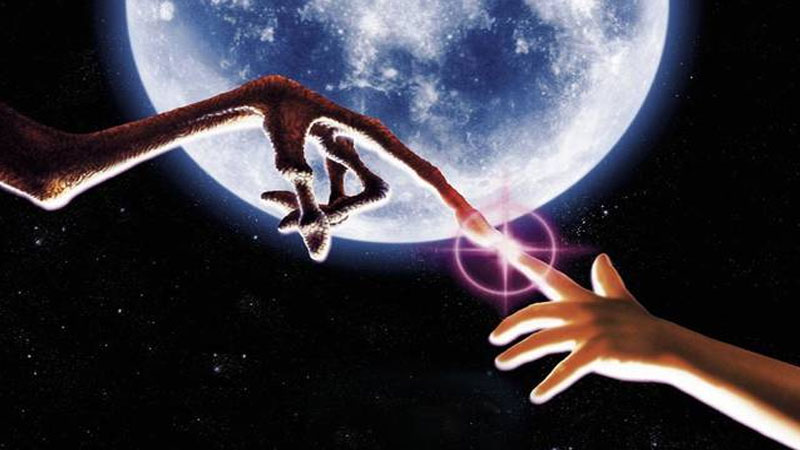
It has been speculated for decades in the fictional world how humanity would react if it received extraterrestrial contact. Overall, it implies cathartic moments of dread and surprise.
Science is increasingly convinced that there is, in fact, alien life somewhere in the universe.
It has been a fact that most stars are orbited by planets and perhaps some of them have water or atmosphere.
In other words, conditions conducive to life. But how would this discovery affect people’s lives particularly?
“What will you do if extraterrestrial life is discovered? Don’t you go to work the next day? Aren’t you going to school?” asks astronomer Seth Shostak, director of the SETI Project that searches for radio signals of extraterrestrial origin.
Life tends to stop in most films that depict the encounter with alien civilizations, and in other cases where the external appearance is the omen of an apocalyptic scenario, as in “War of the Worlds”, for example.
Journalist Ben Child believes that most film productions avoid elucidating details of alien life, with hazy scenes, full of smoke and mirrors as in “2001: A Space Odyssey”.
“We don’t know what alien life would look like if it came into contact with us, so movies just hope to play with the prospect that we’re not alone in the cosmos. A glimpse of reality is all we’re going to see, and the smartest sci-fi directors know that’s more than enough to satisfy us,” says journalist Ben Child.
The best examples of movies in the genre, according to Child, are “Prometheus” and “Signs”, which say little about where extraterrestrials came from or what their motivations were for coming into contact with humanity. There is the comic exception of “The Hitchhiker’s Guide to the Galaxy”, in which spaceships arrive on Earth with the purpose of destroying it to make possible the construction of an intergalactic way.
But Seth Shostak has a different perspective on what the impact of this knowledge would be on people: “I think at first it will just be big news. Afterwards, everyone will want to know more: tell me more, where are these people from? Humanity will begin to ask!”
For Shostak, people’s routine won’t stop with the first contact. But another aspect, much more fundamental, goes.
“You will learn something very important. You will know that what happened here on Earth also happened on many other planets,” says Shostak.
Instead of generating the chaos predicted by Hollywood movies, the discovery would bring about the most important shift in humanity’s perspective.




















